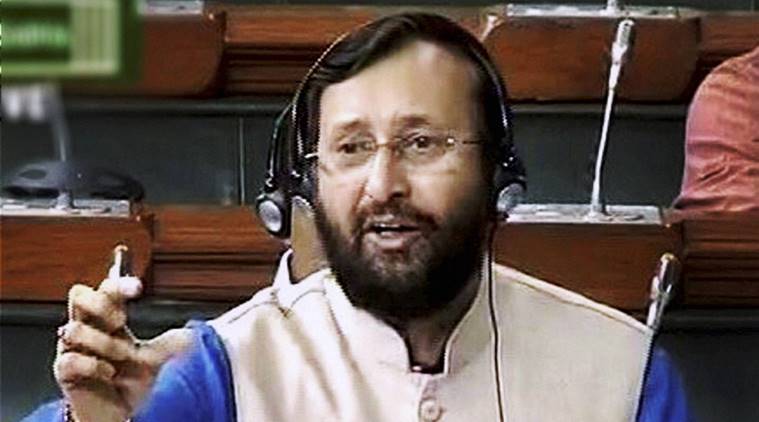In pursuit of upgrading the quality of higher education enough to let the nation’s university compete well at a global level, the Minister of Human Resources Development proposed on Wednesday of giving flexible pay packages to faculty in the proposed 20 world-class universities to nurture talent in the education field.
This proposal was in reflection to the Rajya Sabha deputy chairman P J Kurien’s comment that brilliant students either migrate to other countries or choose to become administrative officers provided that lack of infrastructure, proper remuneration and recognition. Kurien’s comment was:
You should know that bright students, even those who come out of the engineering colleges, prefer to go outside the country or they go to IAS. What is the reason?
This comment was in correspondence to the reply of a brief debate by Javadekar and Minister of State for HRD Mahendra Nath Pandey over the National Institutes of Technology, Science Education and Research (Amendment) Bill 2017.
To Kurien’s query, Javadekar reolied coolly:
Issue is very simple. We have already tracked the problem and we want to address it. Instead of bran drain, we will have brain gain in the years to come.
But Kurien was not satisfied with this response and hence, said:
The point is that scientists and IIT professors, they are intellectual cream of the society. They are not properly paid when compared with those in the administration. You should put scientists at the top and they should not be subordinate to others. This is the basic problem in the country.
Javadekar, then finally proposed:
We are offering flexibility in packages and that we are offering in the 20 world class universities. So we will issue the guidelines.
In the month of February this year, the University Grants Commission (UGC) passed a new set of regulations which demanded setting up of 20 world class institutions – 10 in public sector and 10 others in private sector. The ’10 public sector’ universities are likely to receive public funding of up to Rs 500 crore each.
In a separate ruling over the UGC (Declaration of Educational Institutions as World Class Institutions) Guidelines, HRD directed that these institutes to fix their own fees for the students and decide salaries for foreign faculty, as well as freedom to choose admission procedures. Up until now, the existing universities had to function under the guidance of the detailed UGC rules and did not have much freedom.
Javadekar, while proposing raised remuneration for the faculty, says that through this step, they will also try to bring back Indians teaching abroad.
The bill, passed by the Rajya Sabha yesterday, proposed that law including IIITDM, Kurnool in the main law Indian Institutes of Information Technology (IIIT) Act, 2014 and hence, it is now entitled to the status of “Institutions of National Importance“ on the IIITs along with the Indian Institute of Science Education and Research (IISER) at Tirupati and Behrampur.
Before the Lok Sabha passed the bill on March 28 this year, the discussion saw participation of various members raising concern over the issue of large number of vacancies in the premier education institutes like IITs aand NITs in the nation.
To the commotion in concern with the raising of fees in the IITs and NITs, the minister replied, that the government has actually reduced fee for people with income up to Rs 5 lakh. As for people in Rs 5-9 lakh income bracket, interest-free loans are being offered by the government and in the real sense, it is only those having more than Rs 10 lakh income, the fee has gone up, he said.
Adding to the point of Javadekar, Pandey emphasized that the government is also working on measures to increase participation of girls in the engineering courses in these institutes.
READ: Power to award MTech, PhD degrees now vested in IIITs
READ: Javadekar ensures Rajya Sabha: No removal of Tagore from books

